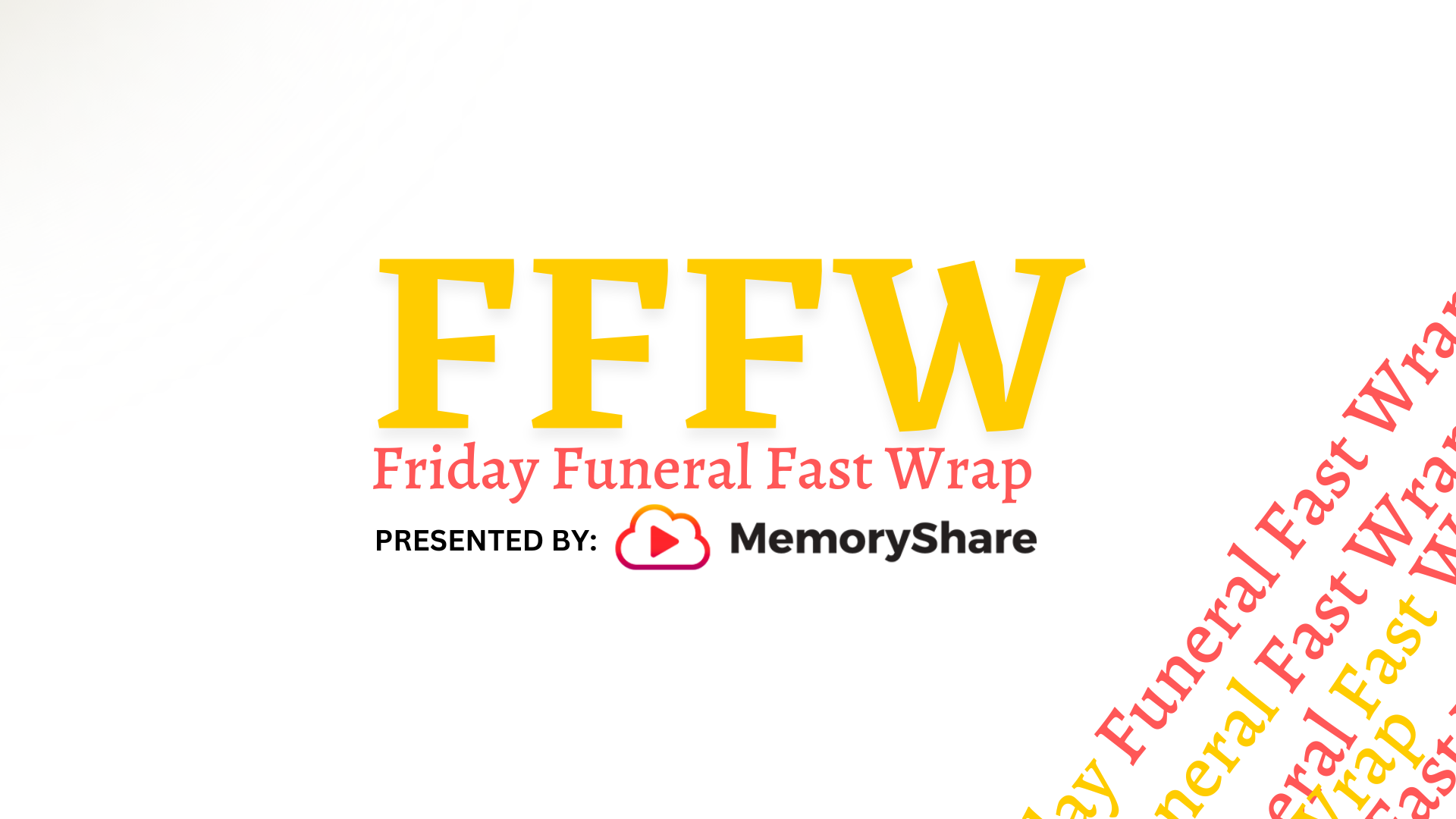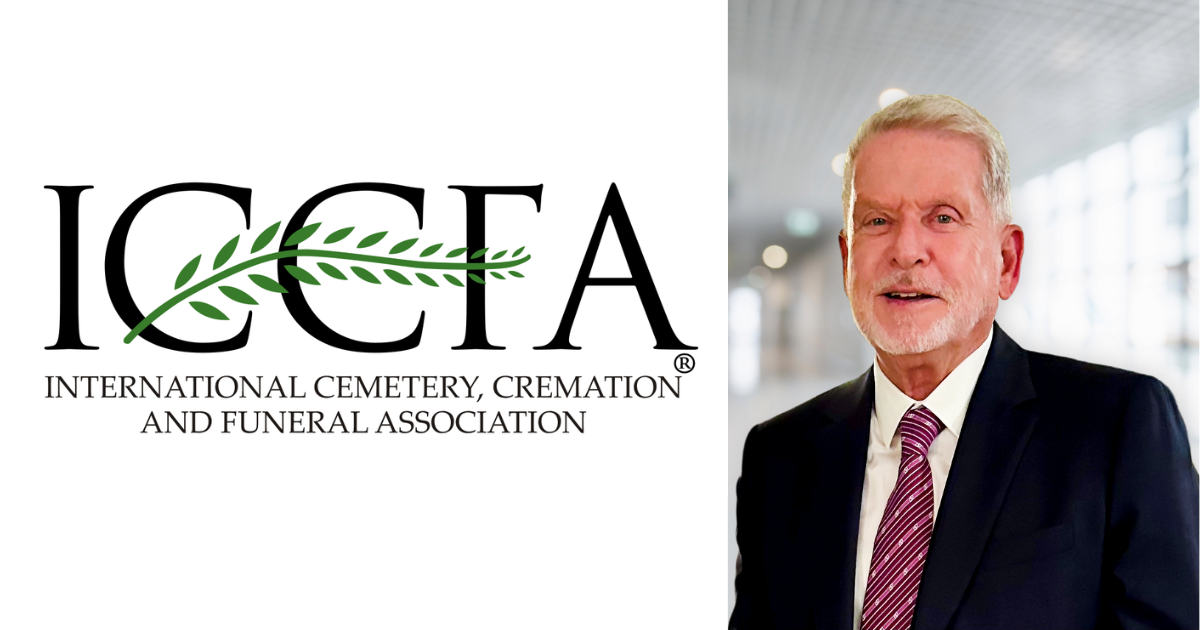Why You May Never Heal
 In Kubler-Ross’ model of grief process, she listed five stages of grief:
In Kubler-Ross’ model of grief process, she listed five stages of grief:
denial,
anger,
bargaining,
depression,
and acceptance.
In this process of grief, Kubler-Ross assumed that throughout the whole grief process, the bereaved should be experiencing what Freud called “decathexis”, which is a removal of emotional energy from the deceased; a detachment. Freud then suggested that during and after “decathexis” we will take those emotional energies and reinvest them into another object or person in a process called “recathexis.” Essentially, we find other people to love … and use them to fill the “love hole” left by the deceased.
The assumption to both Freud and Kubler-Ross’ model is that the end of the grief process (healing, acceptance) is a form of detachment from the deceased.
But, I think they’re wrong.
Anna Lamott writes,
“You will lose someone you can’t live without, and your heart will be badly broken, and the bad news is that you never completely get over the loss of your beloved. But this is also the good news. They live forever in your broken heart that doesn’t seal back up. And you come through. It’s like having a broken leg that never heals perfectly—that still hurts when the weather gets cold, but you learn to dance with the limp.”
Instead of saying that the end of the grief process is detachment and healing, I think we should say that the healthy end of the grief process is adjustment. It’s adjusting to the fact that your loved one is no longer here to share life experiences with you. It’s adjusting to the loss of the future, but there’s never a detachment from the past.
We simply have on-going bonds with the deceased. They will forever be apart of us and instead of trying to “heal” and find “decathexis” (although I don’t think Freud’s idea is categorically wrong), we must learn to adjust and dance with our limp.
Over time, you will learn to adjust to the death of a loved one. A part of you has been lost and you will never find it again, so you must learn to live without it. But, don’t confuse your adjustment for healing. You may never heal.
This from Jandy Nelson over the loss of her sister, Bailey:
“My sister will die over and over again for the rest of my life. Grief is forever. It doesn’t go away; it becomes a part of you, step for step, breath for breath. I will never stop grieving Bailey because I will never stop loving her. That’s just how it is. Grief and love are conjoined, you don’t get one without the other. All I can do is love her, and love the world, emulate her by living with daring and spirit and joy.”
Maybe the reason we never heal is because our love never dies.




